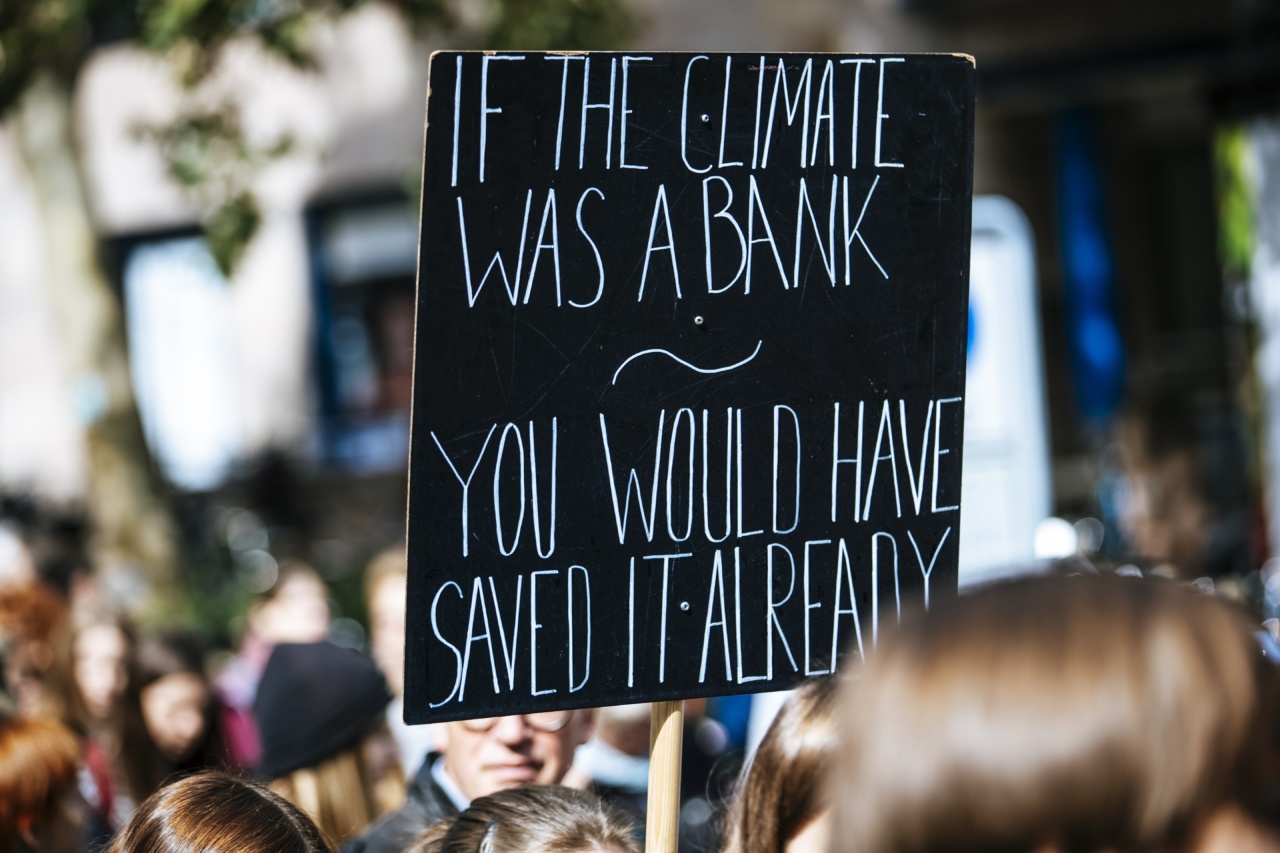At some point in our lives, we have done something wrong. Whether intentionally or unintentionally, our actions have resulted in harm or hurt to others.
It is human nature to make mistakes and to hurt others, but it is also important to understand the consequences of those actions and take steps to make amends. This process is called atonement.
What is Atonement?
Atonement is a process of making up for one’s mistakes or wrongdoing. It is an act of seeking forgiveness from the person(s) we have hurt and working to repair the damage caused as much as possible.
It is a way of acknowledging one’s mistakes and taking full responsibility for the consequences of one’s actions.
The Importance of Atonement
Atonement is not just an act of seeking forgiveness, it is also an act of healing. When we atone for our actions, we acknowledge the harm we have caused and work to correct it.
This not only helps the person we have hurt but also helps us to grow as human beings. It helps us to become more empathetic, compassionate, and responsible beings, and it strengthens our relationships with others.
In many cultures, atonement is seen as a necessary step towards achieving personal and societal harmony. One cannot move forward and live peacefully with others until they have addressed the consequences of their actions and made amends.
The Process of Atonement
The process of atonement can be different for each individual and each situation, but there are some general steps one can take to seek forgiveness and repair the damage caused. These steps are:.
- Admitting Responsibility: The first step towards atonement is admitting responsibility for one’s actions. This involves acknowledging the harm caused and taking full responsibility for the consequences of one’s actions.
- Apologizing: The second step is to offer a sincere apology to the person(s) we have hurt. This apology should not be a half-hearted one but should come from a place of true remorse.
- Repairing the Damage: The third step is to try to repair the damage caused as much as possible. This may involve compensating the person(s) we have hurt or working to rebuild the relationship we have damaged.
- Changing One’s Behavior: The final step is to make a firm commitment to change one’s behavior and not repeat the same mistake.
The Role of Forgiveness
Forgiveness is an essential part of the atonement process. It is through forgiveness that we can move forward and heal the wounds caused by our actions.
Forgiveness does not mean forgetting or excusing the harm caused but forgiving the person who caused the harm and letting go of any negative feelings that may be holding us back. Forgiveness is a powerful act of generosity and compassion that can bring peace and resolution to a difficult situation.
The Benefits of Atonement
The act of atonement has numerous benefits not only for the person we have hurt but also for ourselves. By seeking forgiveness and making amends, we can:.
- Strengthen our relationships with others
- Improve our self-esteem and self-respect
- Grow as individuals by learning from our mistakes
- Heal emotional wounds and move forward
- Restore harmony and peace in our personal and social lives
The Negative Consequences of Avoiding Atonement
Avoiding atonement can have several negative consequences on our personal and social lives. It can lead to:.
- Untreated emotional wounds and resentment
- Broken relationships and loss of trust
- Isolation and loneliness
- Fear of facing the consequences of our actions
Avoiding atonement can also result in self-blame and guilt, which can have a detrimental impact on our mental health. Therefore, it is crucial to take responsibility for our actions and seek atonement when necessary.
Conclusion
Atonement is not just necessary for repairing the harm caused by our actions; it is also a vital step towards personal growth and healing.
By taking responsibility for our actions, seeking forgiveness, and making amends, we can restore harmony and peace in our relationships and within ourselves. It is never too late to seek atonement and make a commitment to change for the better.































